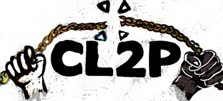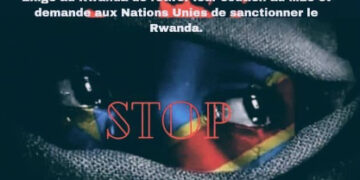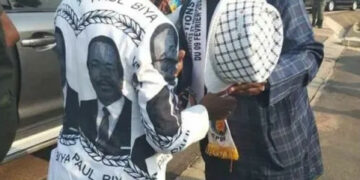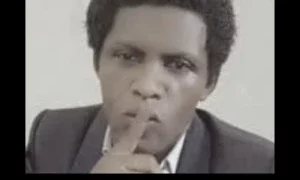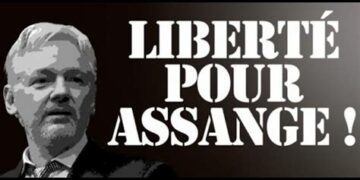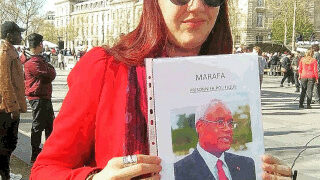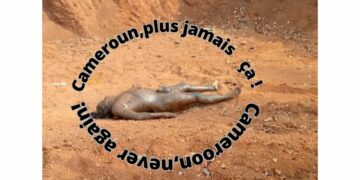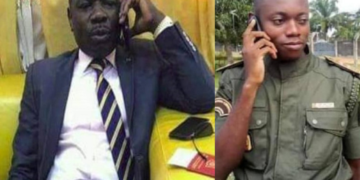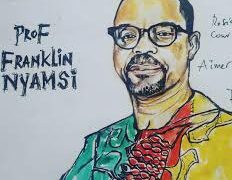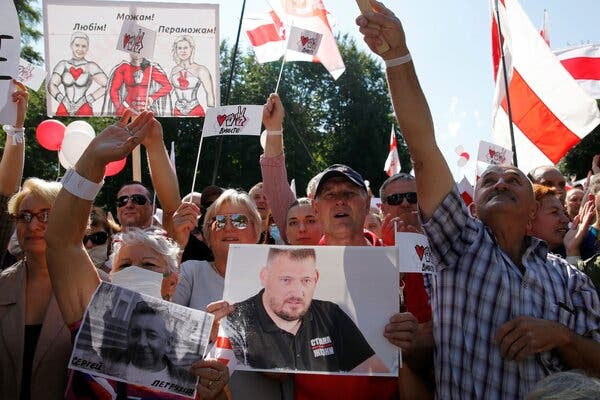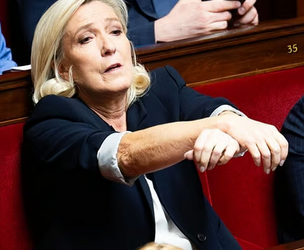MOSCOW — A court in Belarus on Tuesday convicted an opposition leader on charges of organizing mass unrest and inciting social hatred over his attempt to challenge the country’s authoritarian leader, Aleksandr G. Lukashenko, in a presidential election last year. It sentenced him to 18 years in prison.
The activist, Sergei Tikhanovsky, 43, ran a popular YouTube channel in Belarus before announcing his candidacy for the 2020 vote. But he was arrested before the election, prompting his wife, Svetlana Tikhanovskaya, to step in and lead the popular movement against Mr. Lukashenko.
After months of closed hearings, the regional court in the city of Gomel, Mr. Tikhanovsky’s hometown, confirmed that it had rendered its verdict on Tuesday. He was on trial along with five other defendants, including Nikolai Statkevich, 65, who ran against Mr. Lukashenko in the 2010 presidential election.
The five other defendants, including Igor Losik, 29, a journalist for Radio Free Europe/Radio Liberty in Belarus, were sentenced to prison terms ranging from 14 to 16 years.
The European Union condemned what it called “continued, flagrant violations of human rights and fundamental freedoms by the Minsk regime,” and said it was “committed to consider” imposing sanctions in addition to those it has already placed on Belarus.
“These sentences are yet more examples of unfounded charges against Belarusian citizens who have exercised their right of expression and called for free and fair elections,” the European External Action Service, the bloc’s institution tasked with foreign policy, said in a statement. “These sentences are part of the ongoing brutal and systematic repression of all independent voices in Belarus.”
Ever since mass protests set off by Mr. Lukashenko’s re-election for a sixth term as president in August 2020 — a vote widely regarded as rigged — the Belarusian leader has unleashed a campaign of political oppression unseen in Europe for decades. Thousands of people, including opposition leaders, protesters and those who subscribed to independent media outlets, have been detained. Rights groups regard hundreds of them as political prisoners.
[ot-video type="youtube" url="https://www.youtube.com/watch?v=Jd1yUJj-QAY"]
In July, a Belarusian court convicted another presidential hopeful, Viktor Babariko, on corruption charges and sentenced him to 14 years in prison. A former head of a Russian state-owned bank, Mr. Babariko led the polls before the 2020 vote but was arrested weeks before Election Day. He has denied the charges.
In September, Maria Kolesnikova, one of the leaders of the protest movement that followed the election, was sentenced to 11 years in prison.
In a video statement released hours before the verdict, Ms. Tikhanovskaya, who is leading the movement against Mr. Lukashenko from exile in Lithuania, vowed “to continue to defend the person I love, who has become a leader for millions of Belarussians.” She added, “I will try to do something very difficult, perhaps impossible, in order to bring closer the moment when we will see him in the new Belarus.”
Mr. Tikhanovsky began his blog in 2019. He posted videos in which he ridiculed the country’s Soviet-style Potemkin window-dressing and exposed widespread poverty. In his most popular video, he interviewed a woman in a small town of Glubokoye, in which she called Mr. Lukashenko a “so-called president” and “cockroach.”
The jailing of Mr. Tikhanovsky by Belarus is emblematic of efforts by authoritarian governments in countries like China, Egypt and Iran to stifle dissent through the courts. On Monday, a court in Hong Kong sentenced the former media mogul Jimmy Lai and seven other prominent pro-democracy activists to months in prison for their attempt to commemorate the crackdown on peaceful protesters in Tiananmen Square in 1989.
In Egypt, a court last month convicted a prominent human rights advocate and lawyer of spreading false news and insulting the government as part of an effort to target and silence a growing list of activists, journalists and dissidents.
In Belarus, Mr. Lukashenko has gone even further. In addition to stifling dissent inside the country, he also began a campaign to destabilize his country’s European neighbors. In May, he scrambled a jet to intercept a commercial airplane carrying an opposition activist from Athens to Vilnius, Lithuania, and forced it to land in Minsk.
And he has orchestrated an ongoing international crisis by encouraging thousands of migrants from the Middle East to come to Belarus and use its territory to cross the border into the European Union, a move described by Poland and Lithuania as hybrid warfare.
Monika Pronczuk contributed reporting from Brussels.
